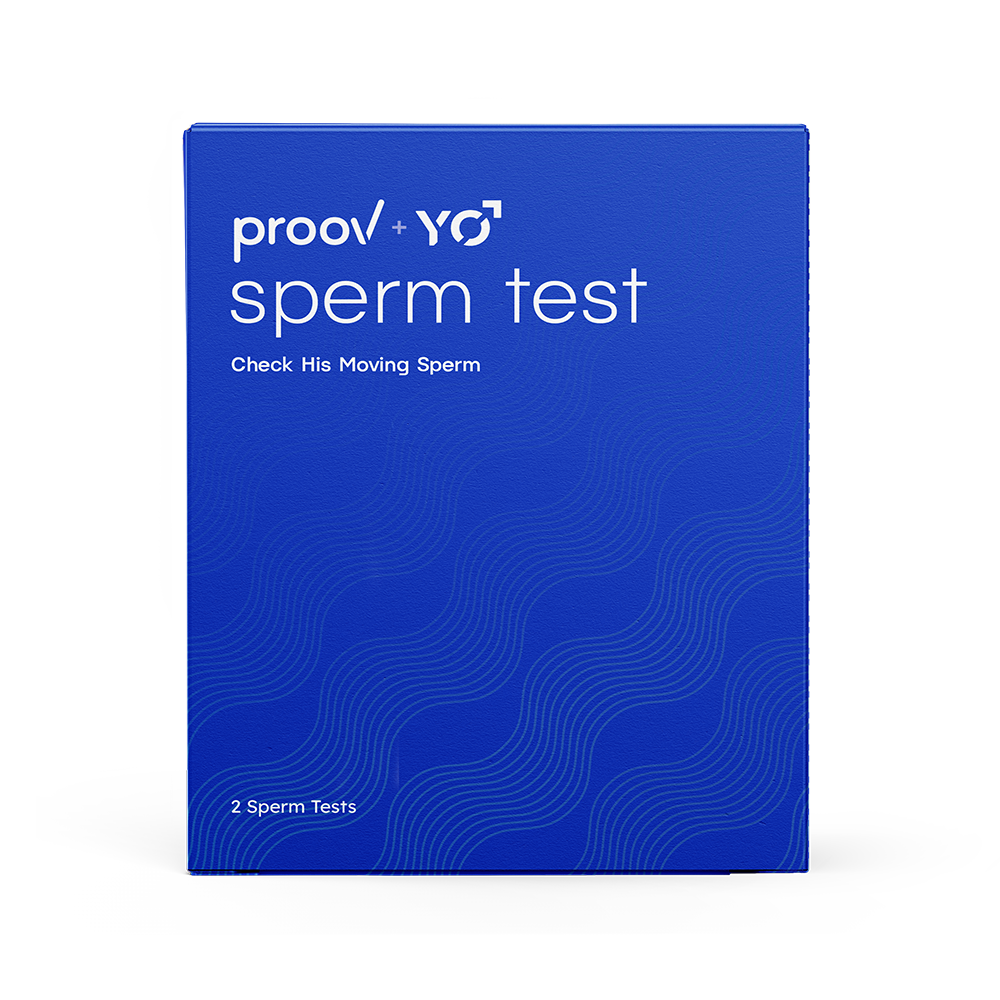Written by Dr. Margo Harrison MD, MPH, Ob/Gyn, Founder and CEO of Wave Bye Inc.
Women menstruate for more than seven years of their lives. While some fluctuations in menstrual flow are normal, excessively heavy bleeding or significant pain can indicate underlying medical conditions that may impact fertility or signal the onset of perimenopause. If you experience persistently heavy periods, here are five things that may be the cause.
1. Hormonal Imbalances and Perimenopause
One of the most common causes of heavy or painful periods is hormonal imbalance, particularly fluctuations in estrogen and progesterone levels. These hormones regulate the menstrual cycle, and any disruption can lead to abnormal bleeding patterns.
During perimenopause (the transitional phase before menopause), hormonal fluctuations become more pronounced. Estrogen levels can spike unpredictably, causing the uterine lining to thicken more than usual. When the lining sheds, periods become heavier and more painful.
Some women experience erratic cycles, prolonged bleeding, or even clotting, which can be alarming. Recognizing these changes as potential signs of perimenopause is important, and they may also be accompanied by hot flashes, mood swings, and sleep disturbances. And if you're wondering when perimenopause starts, it's typically in a person's 40s but can occur earlier or later.
2. Uterine Fibroids and Polyps
Uterine fibroids are another major culprit of heavy periods. Fibroids are benign growths of abnormal uterine muscle tissue that vary in size and can lead to excessive menstrual bleeding, pelvic pain, and pressure in the lower abdomen. In some cases, fibroids may contribute to difficulty conceiving due to their impact on the uterine lining. You can see fibroids on an ultrasound -- your physician may recommend removal to help reduce heavy menstrual bleeding or to improve chances of conception.
Similarly, endometrial polyps, which are small overgrowths of the endometrial lining, can cause irregular and heavy bleeding. While these polyps are typically benign, they can interfere with implantation and may need removal if conception is a concern. If you notice prolonged periods, spotting between cycles, or intense cramping, an ultrasound or other hysteroscopic office procedures can help diagnose a polyp.
3. Endometriosis
Endometriosis is a painful condition where tissue similar to the uterine lining grows outside the uterus, leading to severe cramps, heavy bleeding, and sometimes infertility. Women with endometriosis often report debilitating pain during menstruation, pain during intercourse, and prolonged periods. Other menstrual symptoms can include abnormal GI function, nausea, and vomiting.
Since endometriosis can affect fertility by causing inflammation and scarring of reproductive organs, early diagnosis is crucial. Treatments such as hormonal therapy, pain management strategies, and, in some cases, surgery can help alleviate symptoms and improve reproductive outcomes.
4. Blood Clotting Disorders
For some women, heavy menstrual bleeding (medically known as menorrhagia) is linked to underlying blood clotting disorders, such as von Willebrand disease or platelet function abnormalities. These conditions prevent blood from clotting properly, leading to prolonged and excessive bleeding.
If you have a family history of bleeding disorders, experience frequent nosebleeds, or bruise easily, it’s essential to discuss these symptoms with your doctor. A simple blood test can diagnose clotting disorders, and treatment options, including hormone therapy, a progesterone IUD, or clot-stabilizing medications, can significantly improve menstrual health.
5. Polycystic Ovary Syndrome (PCOS) and Ovulatory Dysfunction
PCOS is a hormonal disorder that affects ovulation and can lead to irregular, heavy, or absent periods. Women with PCOS often have higher levels of androgens (male hormones) and insulin resistance, contributing to menstrual irregularities.
Because PCOS is a leading cause of infertility, recognizing symptoms early (such as irregular cycles, acne, weight gain, and excessive hair growth) is essential. Treatments like hormonal birth control, lifestyle modifications, and insulin-regulating medications can help regulate periods and improve fertility outcomes.
When to See a Doctor
While occasional heavy or painful periods can be normal, persistent issues should not be ignored. If your menstrual bleeding soaks through a pad or tampon every hour, lasts more than seven days, or includes large blood clots, it’s time to seek medical advice. Additionally, if painful cramps interfere with your daily life or you’re experiencing symptoms of perimenopause alongside heavy bleeding, discussing your concerns with a healthcare provider is crucial.
Understanding the causes of heavy or painful periods empowers women to take charge of their reproductive health. Whether it’s perimenopause, fibroids, endometriosis, or another underlying condition, there are treatment options available. Don’t suffer in silence. You deserve proper care and support, so don't hesitate to seek it out.













